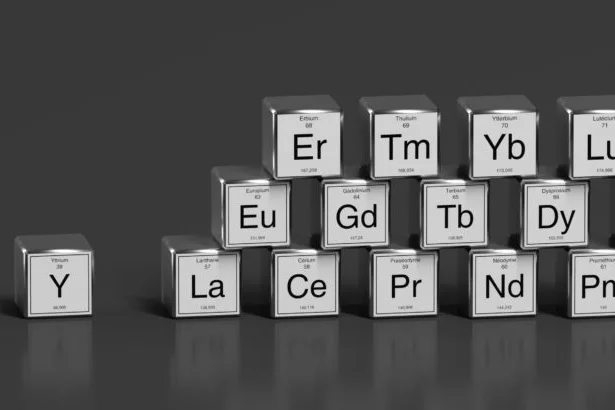Copyright Benzinga

Canada’s 2025 federal budget commits billions to expanding the mining sector even as the government projects a 78.3 billion Canadian dollar ($55.3 billion) deficit for the fiscal year ending March 31. The plan includes major funding and tax incentives aimed at positioning the country as a leading global supplier of critical minerals. The budget allocates 2 billion Canadian dollars ($1.42 billion) over five years to establish a sovereign fund for critical minerals under Natural Resources Canada. The fund will take equity stakes in mining companies, provide loan guarantees, and sign offtake agreements. “These measures send a powerful signal to global investors and allies that Canada is serious about improving the competitiveness of its mining industry,” Mining Association of Canada President Pierre Gratton said in a statement. Also Read: Canada ‘No Longer Just Talking,’ With A $4.6 Billion Critical Minerals Investment Natural Resources Canada will receive 50 million Canadian dollars ($35.4 million) to establish the fund, while 372 million Canadian dollars ($263.8 million) will go to a new First and Last Mile Fund to advance near-term projects. The plan will absorb the existing 1.5 billion Canadian dollar ($1 billion) Critical Minerals Infrastructure Fund, extending its reach through 2029. The budget also broadens eligibility for the Critical Mineral Exploration Tax Credit. It extends it to 12 additional minerals, including tungsten, tin, manganese, and molybdenum. With expansion, more private capital will be able to utilize Canada’s flow-through share system, enabling investors to fund early-stage exploration in exchange for tax benefits. While industry groups have welcomed the shift, long-term sustainability questions persist. John Steen, director of the Bradshaw Research Initiative in Minerals and Mining at the University of British Columbia, says the new model “sort of abandons market economics.” If you had said five years ago that the government would directly invest in mines and sign offtake agreements, people would have dismissed it, Steen said, per the Vancouver Sun. This move suggests Canada is now playing a post-market game, where economic policy is being used as a strategic tool, he added. While the government’s involvement sends a strong signal, Steen notes significant risks. Mining is a cyclical business with projects taking years, potentially decades, enduring ups and downs. He warns that political support for the effort must not be unilateral. “This is not just one budget cycle, but an investment that has to be supported with bipartisan approaches through many budget cycles,” Steen concluded. Read Next: Copper Under Pressure As Codelco Cuts Guidance, Glencore Faces Mounting Costs Image via Shutterstock



